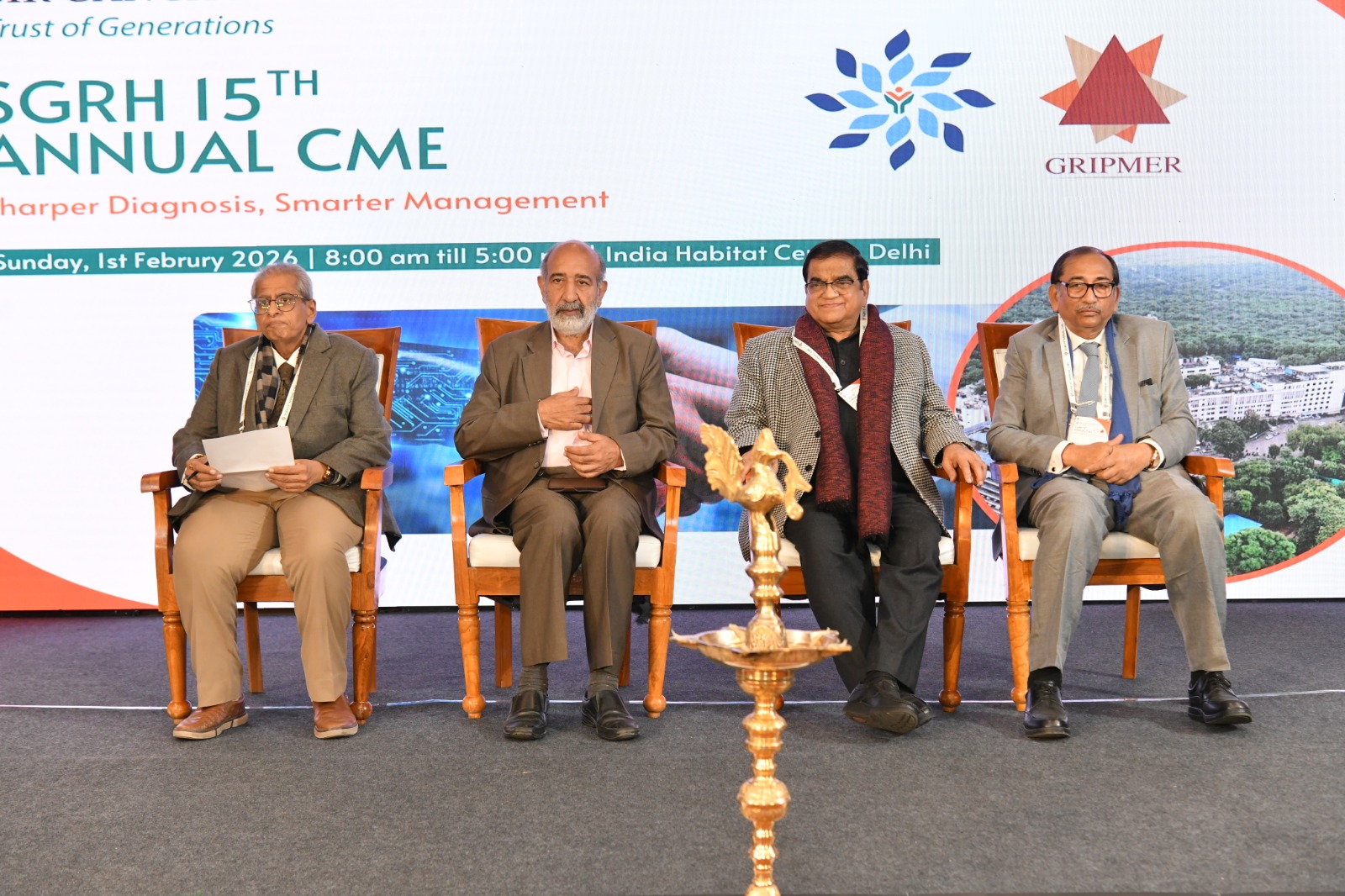
 New Delhi: That growing obesity in India especially among children is a matter of serious concern; PM Narendra Modi was spot on when he expressed this in his 119 th Mann Ki Baat on February 23. But his advice of limiting oil consumption to tackle obesity was stomached with a pinch of salt by experts. Experts said that his oil prescription lacks nuances of the matter and fails to put across right message.
New Delhi: That growing obesity in India especially among children is a matter of serious concern; PM Narendra Modi was spot on when he expressed this in his 119 th Mann Ki Baat on February 23. But his advice of limiting oil consumption to tackle obesity was stomached with a pinch of salt by experts. Experts said that his oil prescription lacks nuances of the matter and fails to put across right message.
Experts’ stances in the aftermath of PM’s expression of concern underline that his well intentioned oil appeal needs to be adjusted to scientific facts. Since PM Modi plans to begin ‘pay it forward’ (10 people challenge) campaign in the likeness of Salman khan’s movie Jai Ho, there is urgent need to set the facts straight, experts opine. The suggestion also came that before he starts 10 people oil challenge, his govt must come out with a white paper on obesity.
Though all experts roundly praised PM Modi’s concern about obesity taking epidemic proportions but also felt at the same time that he should have restrained himself from treading into the domain of experts. Some experts branded PM Modi’s stance as off the cuff and lopsided. One of them said that the message emanating from what he said seems to suggest that oil causes obesity which is not exactly the case. The more villain of the piece is consumption of carbohydrate and sugar instead. PM Modi should also have made distinction between healthy oil and unhealthy oil.
Dr. Nikhil Agnihotri, Senior Consultant, Minimal Access, Metabolic Bariatric Surgery, Aakash Healthcare went along PM Modi’s appeal for less oil consumption. Dr Agnihotri, whose main tool to shed kilos is bariatric surgery, said, ‘Adding one teaspoon of oil adds 120 calories to food. Hence it is imperative to limit the total amount of oil
and fat consumed.’
Dr Agnihotri added, “Every living being needs calories to survive. Calories are provided by food in the form of carbohydrates, proteins and fat. It is important that a balanced nutritious diet is consumed. Oils and fats are important as they supply calories, essential fats and also help with absorption of fat soluble vitamins such as vitamin A, D, E and K. Generally, oils with mono-unsaturated and middle chain triglycerides are considered healthier than polyunsaturated fats and trans-fats which are abundantly found in processed foods and lead to obesity”.
Dr Nikhil Agnihotri emphasized, “Obesity needs to be addressed early as childhood obesity is a growing concern in India particularly in low and middle income populations. Its prevalent burden is about 8.4% of obese children and 12.4% of overweight children in India and is expected to account for 11% of global burden of obesity by 2030.
Obesity has impact on physical, social and emotional well-being of children. They are more prone to develop high cholesterol, high blood pressure, diabetes, fatty liver, breathing problems, fatigue and grow into obese adults with decreased productive life years and fertility”.
Ishi Khosla, renowned clinical dietician and an ambassador of sorts for PM Modi’s millet mission and one who brands wheat as the main culprit of all diseases including obesity says, ‘ Though expression of his concern about obesity is laudable, the fact is oil is not the culprit behind growing obesity in India and elsewhere. Carbohydrates in the form of chapatti, parantha, tandoori roti, rice et al and sugar n sweet are the villain of the peace so far as obesity is concerned. Millets need to replace them to make an impactful intervention.’
Mrs Khosla further adds, ‘As for oil consumption, there are healthy oil and unhealthy oil. This distinction is a must when it comes to wellness and health. There is no need to limit the amount of oil to be consumed in case of healthy oil. If it is mustard or olive kind of oil, the more you take the better. In fact, these healthy oils help in cutting on the consumption of carbohydrates. The consumption of Vanaspati oil, refined oil, margarine oil etc having very high content of trans-fat are real health hazards and must be limited.’
And all said and done about oil, meet Dr Bimal Chhajjar, MBBS, MD and an expert on non invasive cardiology, who advocates zero oil consumption refuted strongly by oil apologists.








